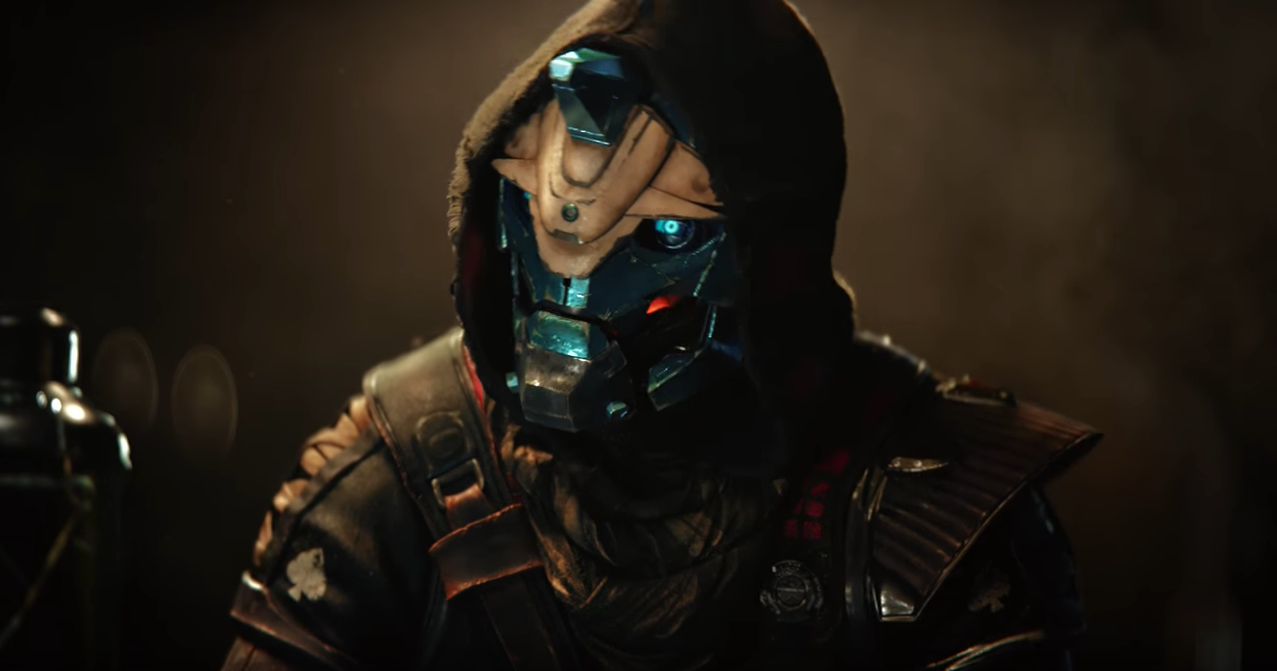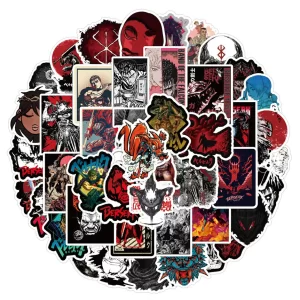Narratives have played an indispensable role in gaming ever since they first emerged in early RPGs like 1981’s Ultima I: The First Age of Darkness. While gameplay forms the meat of the experience, a well-crafted narrative can serve as the driving force to see a game through to the end. It allows titles to distinguish themselves in overcrowded genres of mechanically indistinct games and frankly, they’re just fun.
But recently, stories in video-games are becoming increasingly out of vogue. As multiplayer giants like Fortnite continue to dominate the industry, they only bother with about as much story as the average Final Destination movie. The biggest companies are beginning to move away from traditional narrative. Call of Duty: Blacks Ops 4 abandoned it entirely. While a narrative is set to return in 2019’s title, it’s indicative of a wider trend.

Destiny 2‘s Failings
From a purely technical standpoint, the game is a masterpiece. Its combat is immensely satisfying and the environments are beautiful. But that’s simply not enough to hold a player’s attention. The game frequently recycles the same enemies and encounters and has significantly inferior weapon variety than Bungie’s own Halo titles.
Where Destiny 2 falls flat, mechanically similar games can lean on the strength of their narrative and their worldbuilding. Mass Effect 2 is a game with enemy encounters that can grow repetitive. But it compensates by giving you a reason to get through it. It gives you a story to invest in and characters to care about.
The Destiny franchise is full of indistinct mush-people, many of whom exist solely to serve as vendors for endgame activities. Its narrative has been utterly mutilated as it gets dragged out across DLCs, expansions, and events, many of which contradict each other. The Traveler has been stated to be dead multiple times, yet somehow ended Destiny 2’s main narrative.

Destiny in particular is also guilty of being unable to tie up loose ends in any satisfactory manner. Often, they’re just planning to draw it out into its own expansion. While that can work to sow the seeds of intrigue, it’s frustrating prior to the release of that relevant content.
The Impact Across Games
Anthem, a game seeking to follow Destiny’s path, boasts all the same issues. MMO-style fetch quests and other mundane nonsense serve only to bloat the narrative. All of it only serves to undermine the imminent threat the Cenotaph supposedly poses.
Not to mention the fact that both games try and tout the player as the central hero. All the while there are hundreds of other players running around undermining that notion by simply existing. Anthem even defaults campaign missions as multiplayer experiences, filling your dramatic story with people that can scream about the sex acts they’ve got planned with your dog if you stop to look around and admire the environment.
Perhaps the most glaring flaw with trying to maintain a narrative is that, following the main story’s conclusion, there’s often a gap of months between story content. This can stunt what flow and consistency survives the broken-up nature of release.
The original incarnation of Middle-earth: Shadow of War was guilty of this. It left the main narrative on a cliff-hanger and dumped players into the ‘shadow wars’, an elongated form of it’s orc army mechanics that was utterly nightmarish to get through. It was changed after Shadow of War was purged of micro-transactions, but it ruined the flow of the narrative between the main story and its eventual conclusion and future DLCs.

Conclusion
Narratives play an important role in games. They always have and I hope they always will. But in the case of these online multiplayer live service games, it really shouldn’t be the focus. They never manifest in a satisfying way and the game’s own mechanics undermine them at every turn. The development time put into endless cinematic cutscenes in Anthem and Destiny 2 would’ve been much better spent diversifying the loot pool, the enemy types, and tightening encounters.
Since these live service games are already borrowing a lot from Warframe, perhaps they should borrow the story structure as well. Warframe emphasises gameplay above all else, yet buries lore in its world for those that care. Beyond that, it has a rudimentary story that serves the function of contextualising its gameplay and little else. For these live service games, it’s a far superior model.













